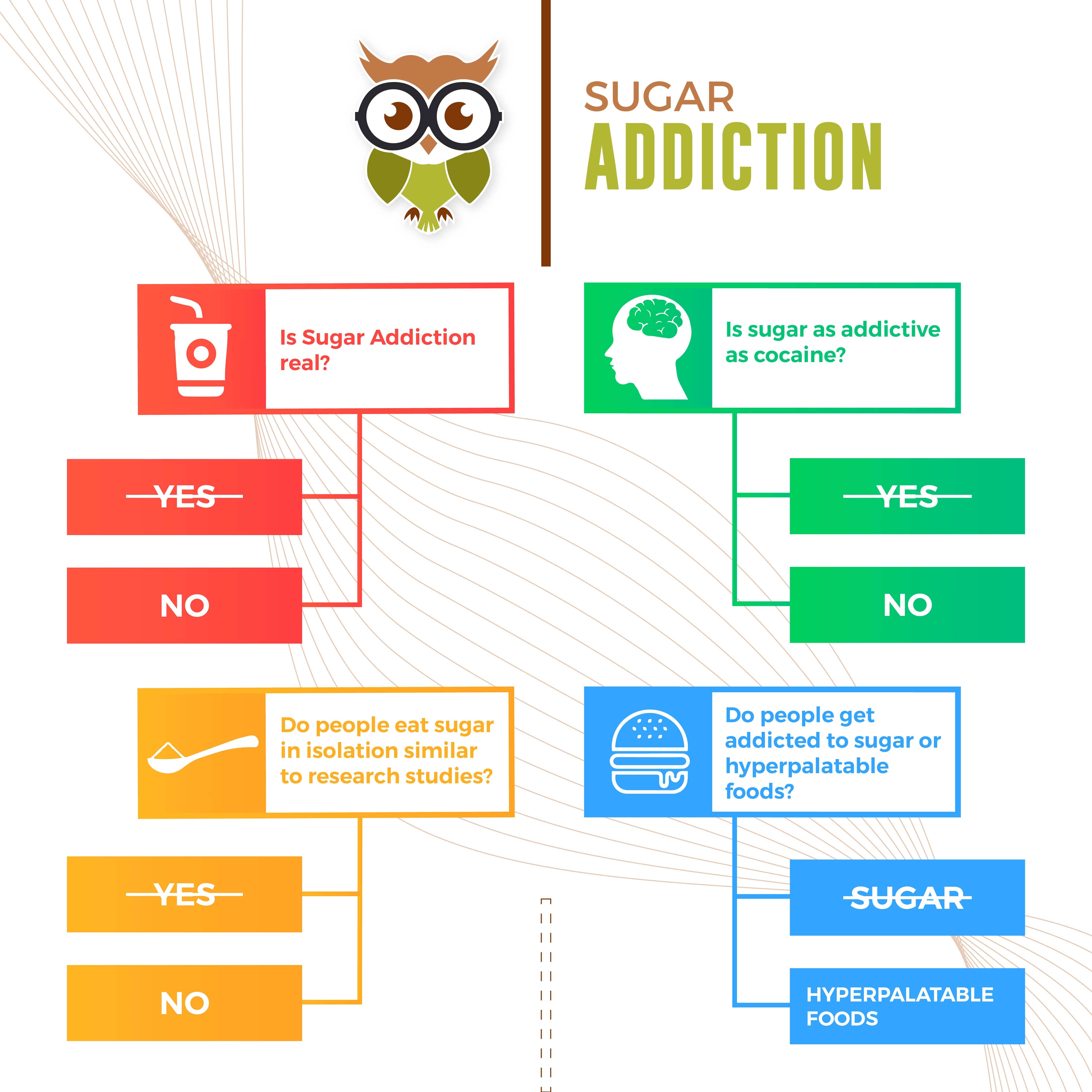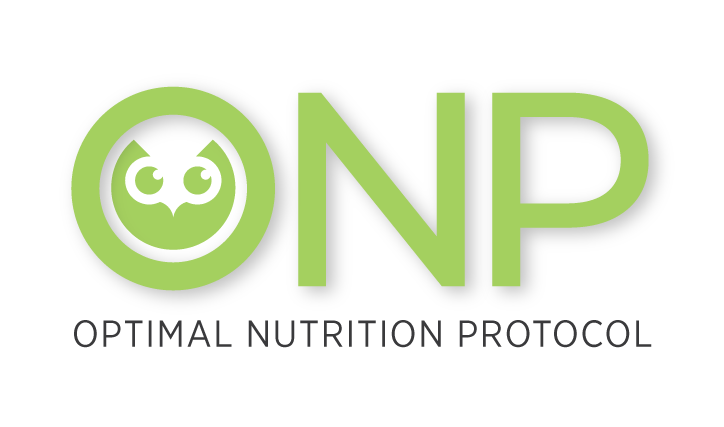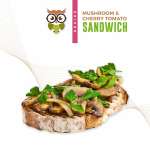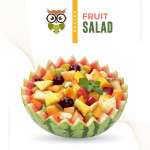Sugar Addiction
Eating this causes weight gain.
Eating this increases cravings.
Eating this gets you addicted to it.
Meet the new villain in the health and fitness industry, sugar.

White sugar has got a bad reputation in the health industry for a while, since we moved away from fat. Leaving aside weight gain, white sugar or sucrose has been said to be ‘addictive’.
Addiction is defined as “the fact or condition of being addicted to a particular substance or activity.” It indicates psychological dependence. Addiction is commonly used in the context of drugs or alcohol and has now been extended to sugar. If sugar alone was really that addictive, we would be eating sugar straight out of the bag right? Do we really see people carrying bags of white sugar and secretly eating them when no one is watching?
But sugar is more addictive than cocaine!
This statement is used over and over again, but it shows how a research paper can be entirely misinterpreted. The study measured dopamine response to food and drugs in rats (1). They found that dopamine levels increased when the rats received food as a reward and also when cocaine was injected in them. This only shows that cocaine can increase dopamine levels similar to food reward. It does not imply that sugar is more addictive than cocaine.
What does the research actually say?
Animal studies addressing sugar addiction employ a method of depriving the rodents of sugar for a certain period and then allow free access to food (2). This is usually 12-16 hours of deprivation followed by 12 hours of access to food. Hence this addiction like behaviour is usually observed in rats that have intermittent access to sugar (2). This restriction is what possibly increases the reward value of sugar. This behaviour is very similar to when we restrict ourselves from certain food groups don’t you think? More importantly, in these studies, rats were given liquid glucose, sucrose or saccharin. Humans don’t consume in isolation, but rather in combination with fat and several other ingredients which results in a highly palatable food.
Maybe it’s about the palatability?
Evidence from animal models suggests that hyperpalatable and highly processed foods could potentially be addictive (3). Foods like pastries, cakes, doughnuts and the likes are a mixture of carbohydrates, fat, sugar and flavouring that makes it very energy dense and palatable. It is not made of just sugar. Rather, sugar is one of the ingredients. Moreover, most evidence stems from studies done in animals with limited trials in humans.
More recently,
A study in 2017 (4) examined whether sugar containing foods could bring about possible ‘addictive like’ behaviors based on clinical criteria for substance dependance. This cross sectional study studied 1495 participants for signs of food addiction for particular food categories in accordance with accepted clinical criteria (DSM-IV). They found that most of these ‘addiction like’ problems were towards high fat savoury and high fat sweet foods and NOT foods containing mostly sugar or low fat savoury foods.
This is what research has to say. The vast majority of the community has misinterpreted these research studies. These are done primarily in rodents who were restricted from sugar for a stipulated time period. It suggests that foods that are hyper palatable (ie; taste good) have greater reward value. These are also energy dense in nature. Sugar addiction as a stand alone has very limited and weak evidence. It is imperative to understand this as demonising sugar is a reductionist approach. Next time someone says sugar addiction is real, you know exactly what blog post to show them!
REFERENCES:
1. Hernandez L, Hoebel B. Food reward and cocaine increase extracellular dopamine in the nucleus accumbens as measured by microdialysis. Life Sciences. 1988;42(18):1705-1712.
2. Westwater M, Fletcher P, Ziauddeen H. Sugar addiction: the state of the science. European Journal of Nutrition. 2016;55(S2):55-69.
3. N. Gearhardt A, Davis C, Kuschner R, D. Brownell K. The Addiction Potential of Hyperpalatable Foods. Current Drug Abuse Reviews. 2011;4(3):140-145.
4. Krieger J. No, you’re not addicted to sugar [Internet]. Weightology. 2017.


